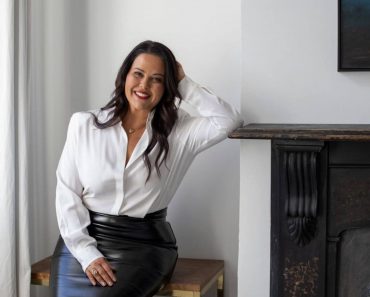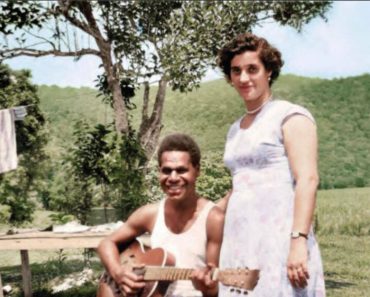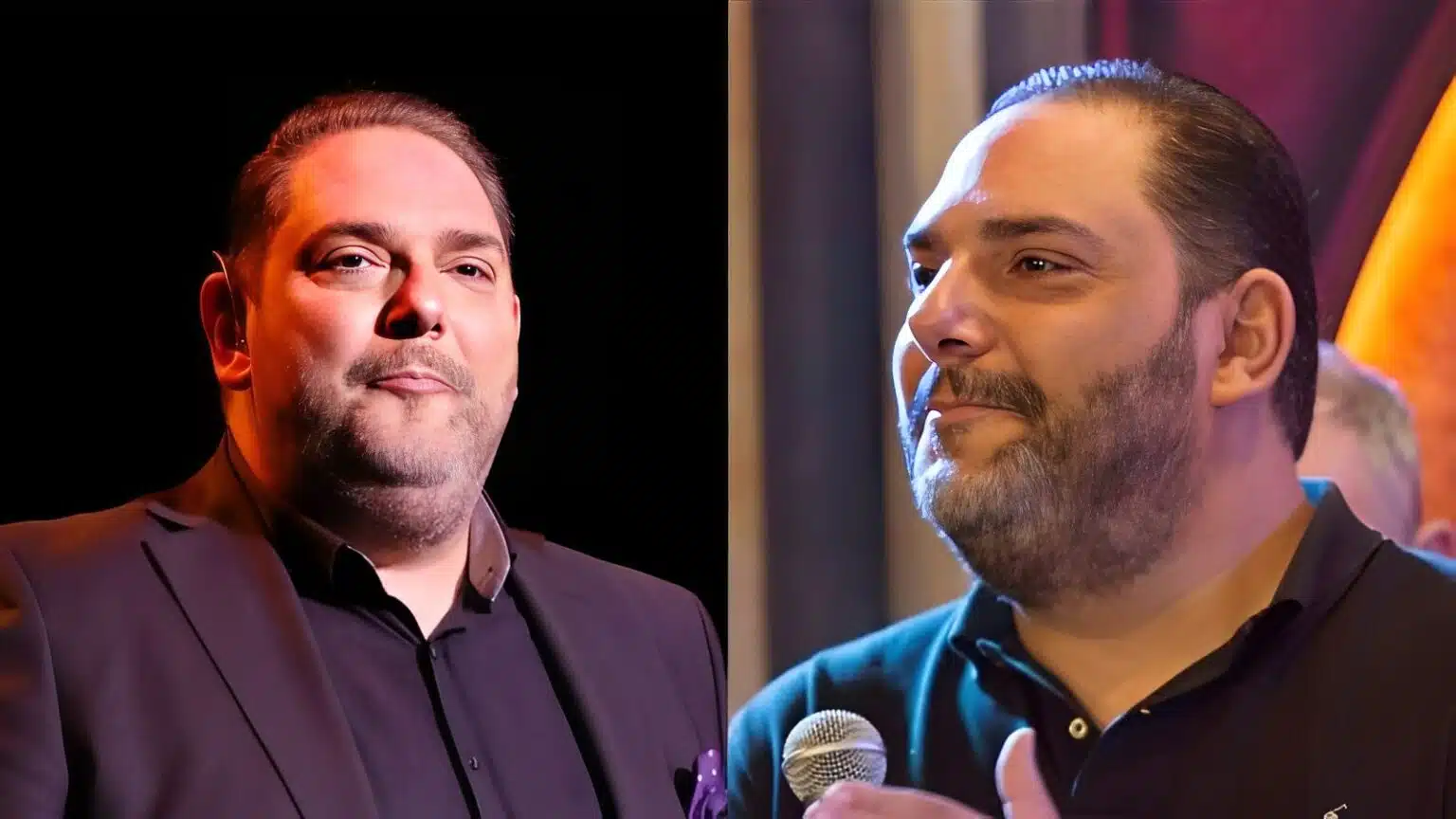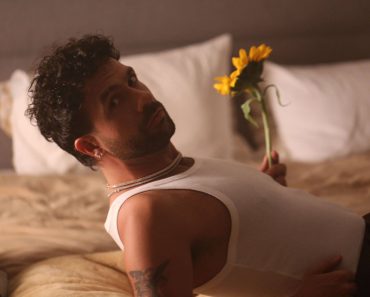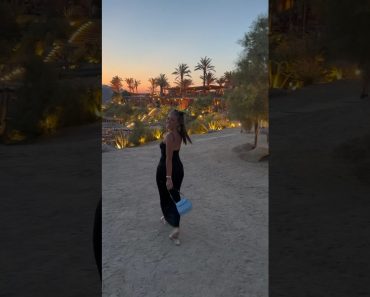After listening to a lecture hosted by the Greek Community of Melbourne, I was so inspired and in awe of Greek-Australian, Dr Tim Themi’s presentation, titled, ‘A historical Critique of Platonism’, that the first thing that came to mind was, “this guy’s a rock star!”
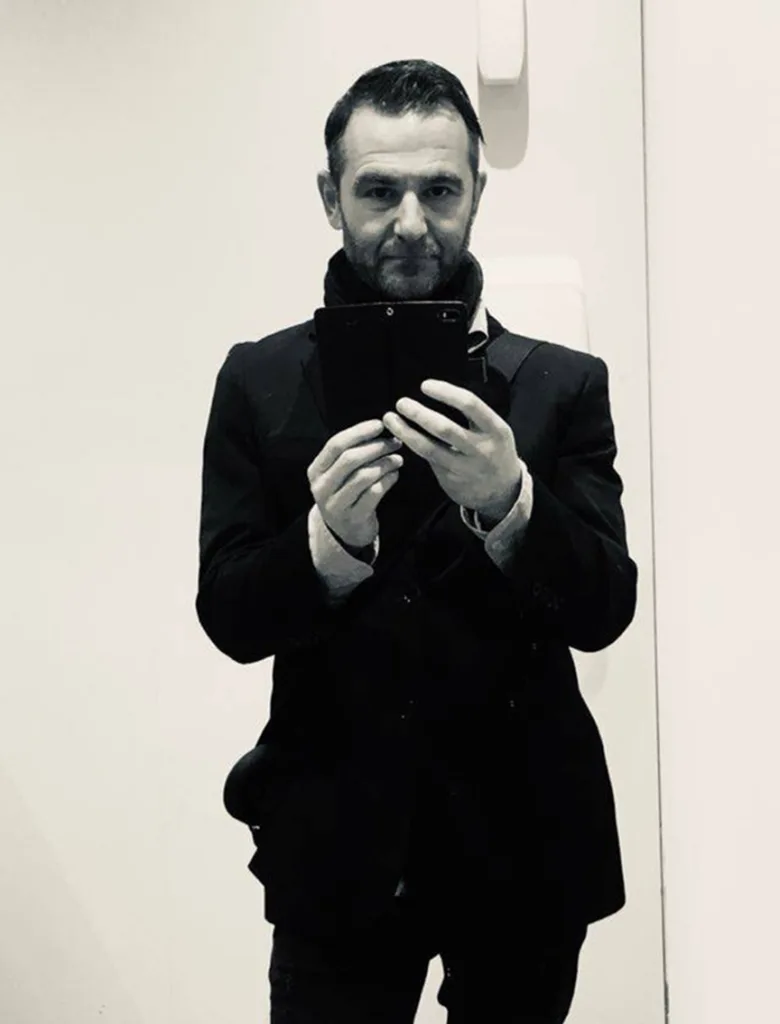
Upon regaining my composure and reigning in my enthusiasm for rock music and the rebelliousness it can imply, this lecture was ‘music to my ears’ as an alternative view of Ancient Greek philosophy. Dr Themi dares to transcend the more popular views of the philosophy of Socrates (as related by his student Plato) from the 4th century BC through to today, as ultimate wisdom about what constitutes ‘good’ and its realisation. Yet unfortunately even now 2,500 years later, injustice and war are still rife. Hence, the work of Dr Themi is an important and timely scholarly reassessment.
Dr Tim Themi, in his late 40’s, holds many Degrees from Australian Universities: A PhD in Philosophy and Psychoanalysis, Honours degrees in Philosophy, and even in Engineering. He is also the author of two books, titled ‘Lacan’s Ethics and Nietzsche’s Critique of Platonism‘ (2014), and ‘Eroticizing Aesthetics: In the Real with Bataille and Lacan‘ (2021).
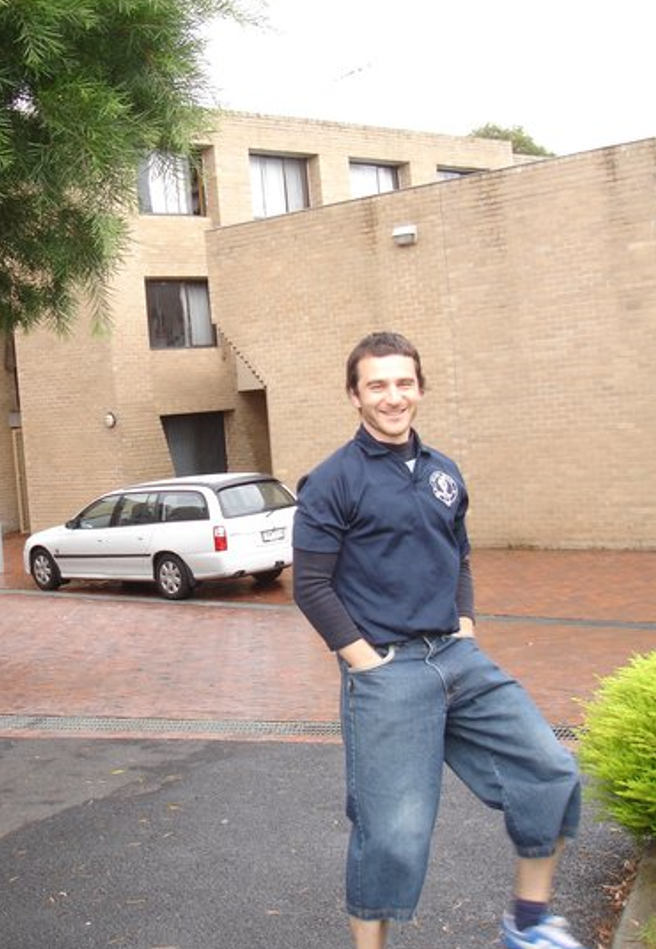
This man is a modern, Ancient Greek philosopher! His lecture drew me in from the very beginning, with statements such as, “all the world’s problems were [and are] Plato’s fault”, that Plato was the greatest misfortune of Europe, according to Nietzche’s philosophy from the late 1880’s, with subsequent scholars such as Freud, Bataille, Lacan and others agreeing.
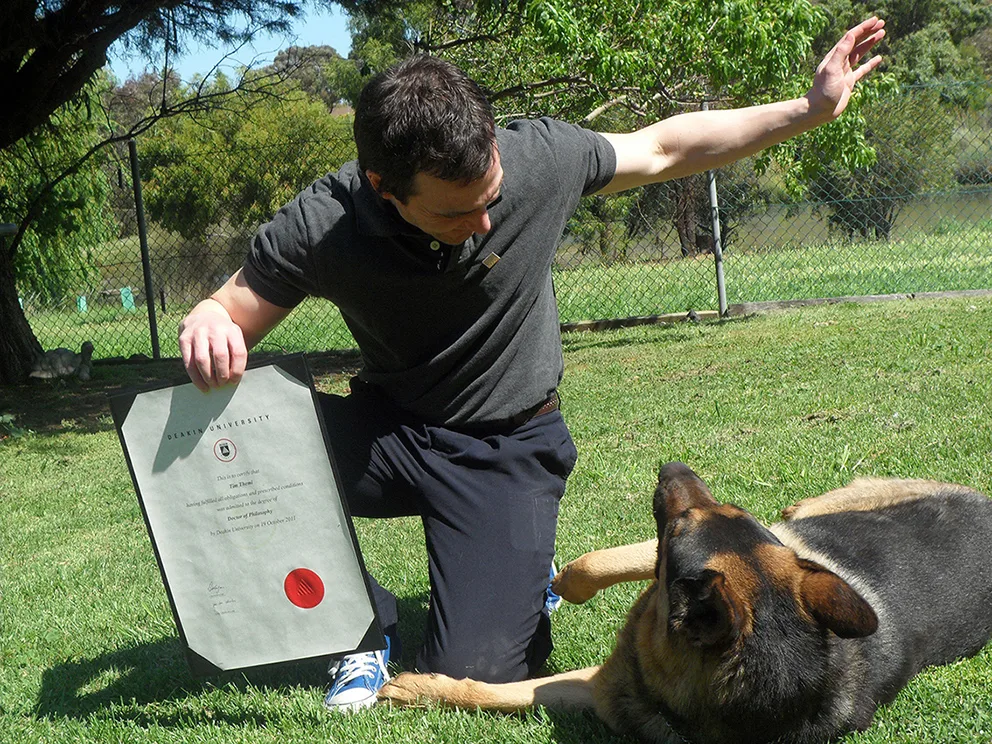
The overall gist I got from the lecture was that pre-Platonic philosophical thought was based on “the real”- rather than the imaginary /unreal: The “real” is described as nature and the body, with the unreal being the relegating of the human body and Nature to the imaginary/other world. This is espoused by Post-Platonism according to Dr Themi, who expounds that as a consequence “our ideas of what’s real have been turned upside down.”
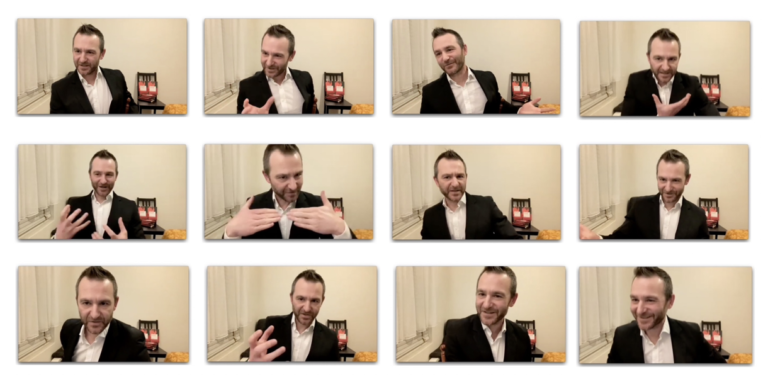
Dr Tim Themi grew up in Melbourne, Australia where he still resides, after his Greek parents migrated from Northern Greece – Florina and Alexandreia area in Macedonia. He’s been to Greece twice, the second time in his late 20’s “taking time off before starting an Honours Degree in Philosophy, where apart from spending time with relatives, I visited ancient sites, like the sanctuary of Asclepius, and Ancient Epidaurus theatre next to it and saw the amazing Bacchae play.”
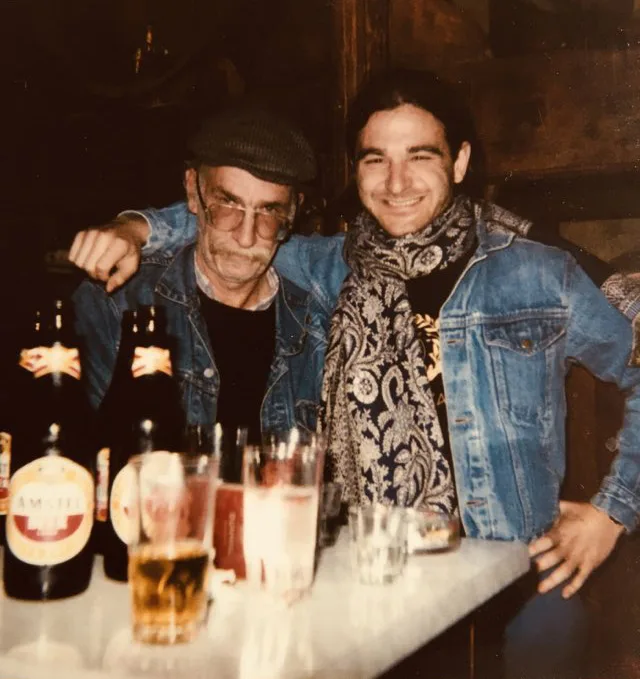
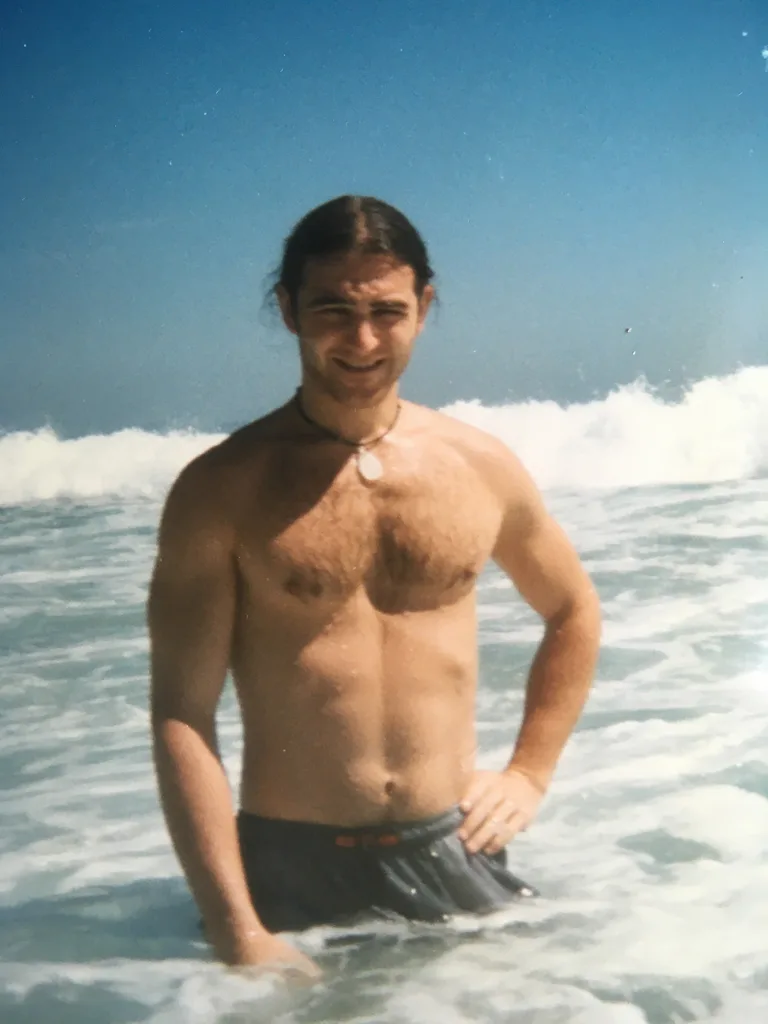
As to why he embarked on studying Philosophy, after his initial Degree in Chemical Engineering, Dr Themi says: “Part of it was discerning as an Engineer, or applied scientist, that politically and culturally we weren’t as a whole doing anything really to fix our problems of economic inequality, oppression and environmental destruction.
In fact we were doing precisely the opposite…so I turned to philosophy in the Arts and Humanities.” There, Dr Themi came across Freudian psychoanalysis from “the related and in some ways precursory findings of Nietzsche’s philosophy based on his study of ancient Greece.”
Expressing himself with zeal, perhaps inadvertently showcasing not only pride in his Greek heritage but also his scholarly, yet accessible to the layperson, lecturing prowess, Dr Themi adds: “This is the amazing thing about the Ancient Greeks. How did they come from the Dark Ages when the Mycenaean Era collapsed, to found and discover Philosophy, Democracy, Art and Science in such high forms?
Why did Greece develop this Polis system with democracy and debate, instead of slavery and servitude to a King? Was there something in our myths when they touch upon our fundamental drives that make us attuned to be able to sublimate them in more appropriate cultural and social activities?”
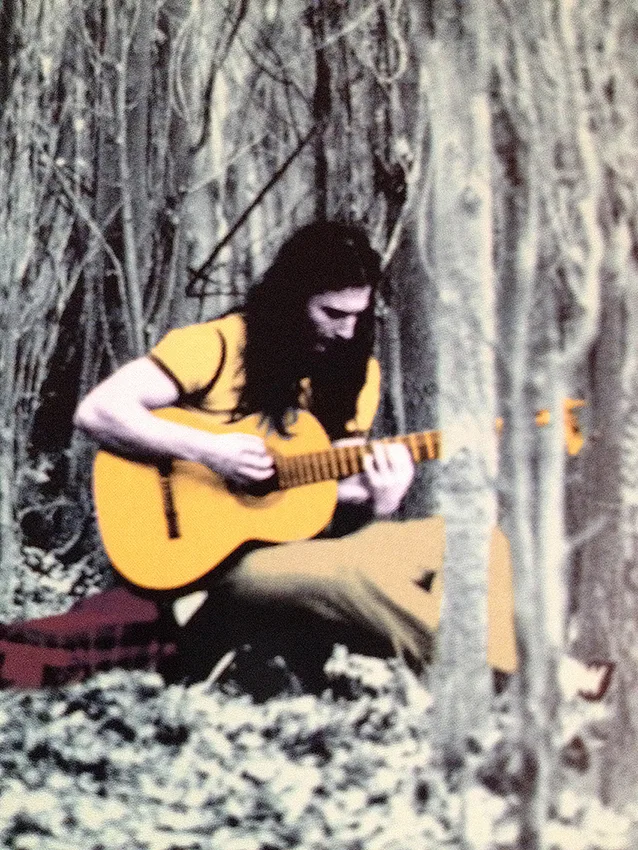
How can we get more ‘balanced’ and return to the wisdom of the pre-Socratic, I ponder. Is it through the Arts – such as in pre-Socratic, Ancient Greek tragic theatre where our taboos and their transgression are staged? And here we can vicariously live out and hence placate the dark, more animalistic sides of our human nature, which Dionysus exemplifies?
Dr Themi stresses: “This dark, Dionysian side must always be balanced through Apollo who is of light, reason and rationality. We don’t have to believe these myths literally. They’re great works of Art and poetry and we can now see what metaphors they incorporate and why, like a dream; interpreting our individual dream or the dream of a whole culture, the collective dream. Art directly involves the senses, the sensual, the body (aesthetics); whereas politics should be more about mind, reason, pragmatism, and causal analysis in response to concrete problems…not opposing each other in a kind of internal cultural war.”
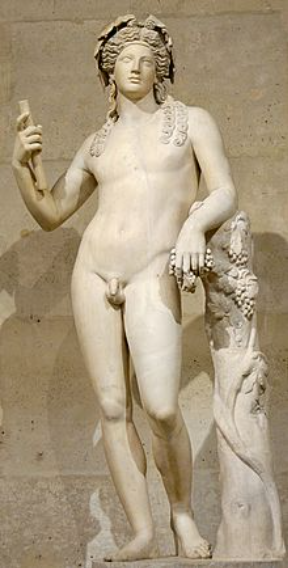
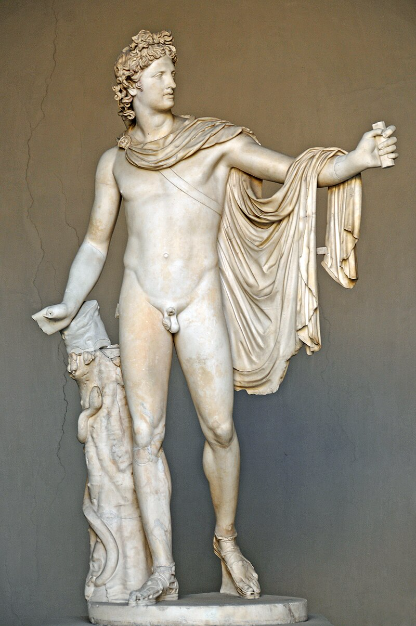
Ok, I think, feeling my mind expanding, from Dr Themi’s further claims that “the mind is us just experiencing our body from the inside…not this pure thing disembodied and unconnected to the natural, animal-oriented drives: This dualism of mind or spirit as good, and body as evil – that’s the one that stuffed us up”.
He posits that our darker human and/or animalistic urges don’t go away. Suppressed by post-Platonic metaphysics which Dr Themi says we still see the world in terms of, leads to our darker drives often being expressed perversely – in violence, and confused thinking for example, “like the blind, leading the blind.”
“So, what can we do now?” I ask, to which Dr Themi responds, “We need to think in terms of centuries or millennia, as well as decades and the everyday… envisioning the best bits of Hellenism between 800-400 BCE, before Platonism (399 BCE onwards) which were lost and only partly recovered from the Renaissance and Enlightenment afterwards, only to begin to wane again since then.”
He continues, “We now need a quality self-practice showing co-equal respect and appreciation for both our animal and human side, where our institutions can be set up and staffed by such individuals in the right frame of being, but they will never achieve this without proper institutional support. So it’s a circular, piecemeal process that is ongoing …”

I ask Dr Themi how exposing Greek Herald readers to his work, for example, can help them in their lives. “It can help us further understand the world around us: The forces at play, without and within, and to more deeply appreciate how, insofar as like us of Greek background ourselves, our ancestors did such a magnificent job at this.
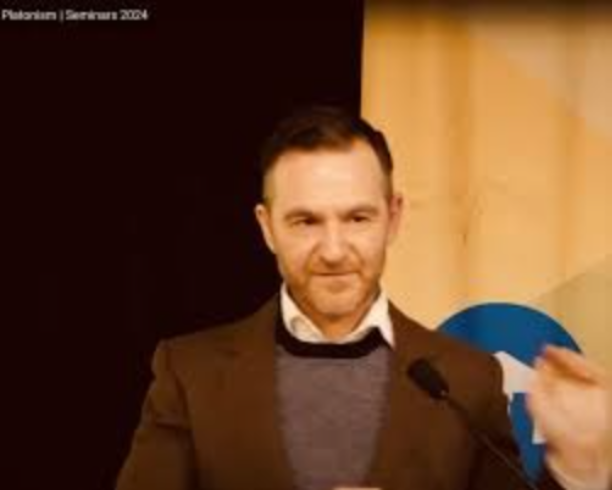
This can never be surpassed, but only re-equalled. I can’t think of a better group of readers to get interested in this type of work. And I’d like to thank the philosophically minded Nick Dallas and researcher Dr Spiz Demetriou for also opening such a gateway through the Greek Community’s Greek History and Culture seminars.”


